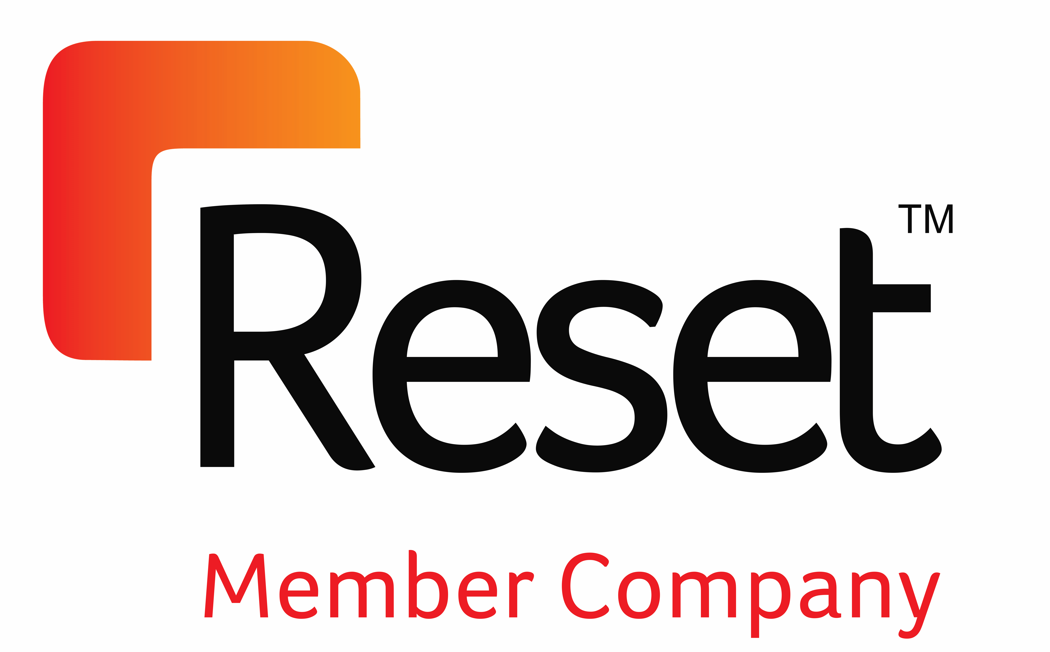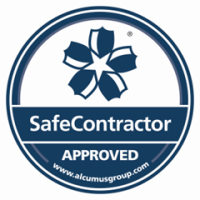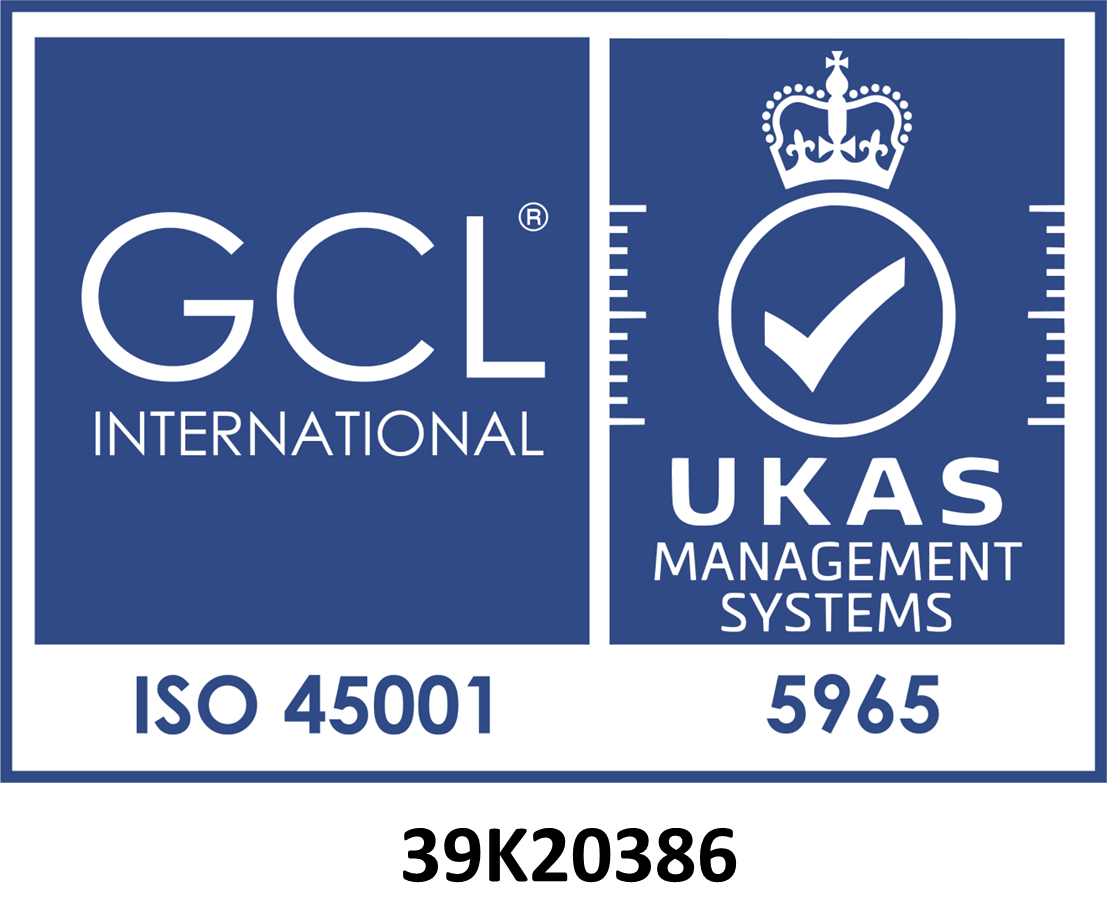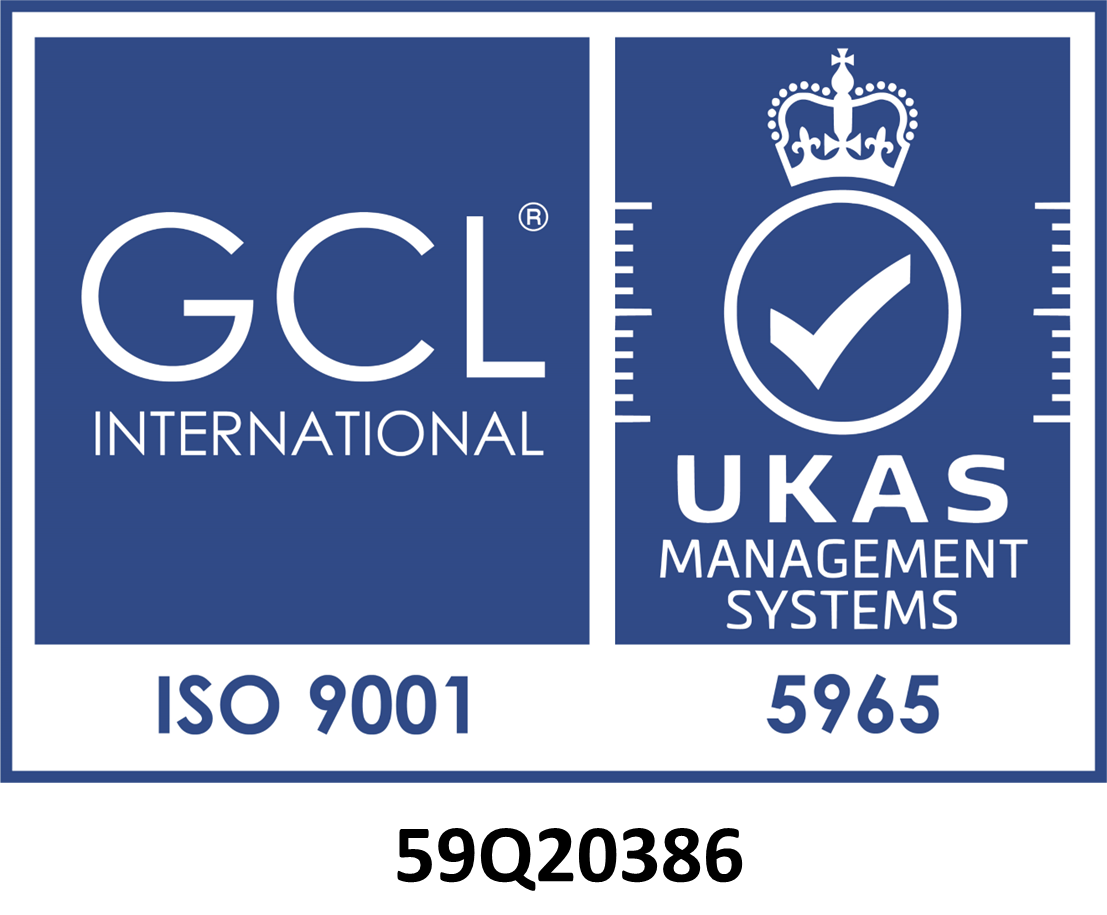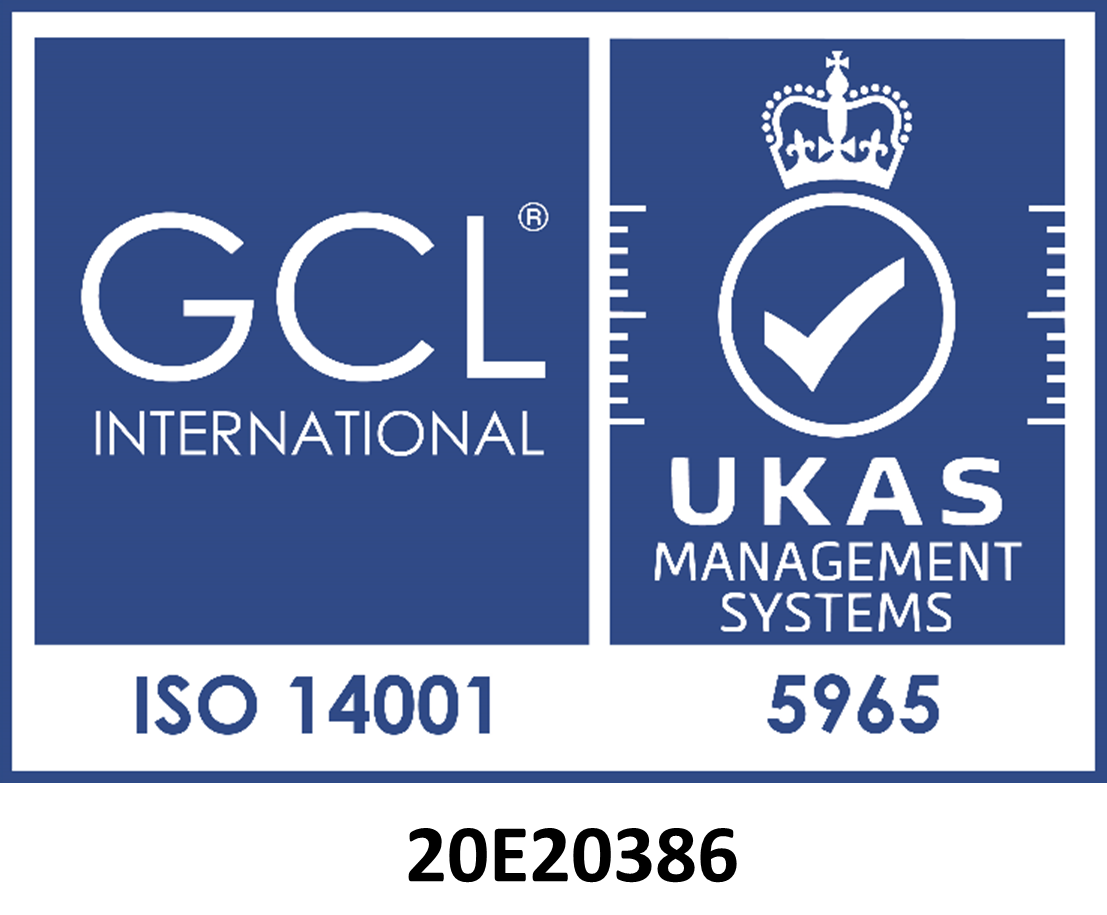 Healthcare-associated infections are a major concern for everyone working in the field, and both NHS and private hospitals are making determined efforts to keep the risks to a minimum.
Healthcare-associated infections are a major concern for everyone working in the field, and both NHS and private hospitals are making determined efforts to keep the risks to a minimum.
Phileas® airborne hpv decontamination devices, which are available from Tecomak Environmental Services, use the latest technology to destroy infectious organisms and minimise any risks.
Risks of Infection
In a Parliamentary debate during 2018, it was revealed that there are 300,000 healthcare-associated infections (HCAIs) in the UK every year. Of course, the greatest cost is the human pain and suffering caused by these diseases. In financial terms, they are also estimated to cost the NHS in excess of £1 billion annually. Hospitals and other healthcare providers have been enforcing infection control policies and taking many measures to combat these over recent years, but constant vigilance is needed.
Infections can occur as a direct result of surgery or medical treatment, but they can also result from staying in hospital. Many infections are also brought into a healthcare premises from outside, whether by a patient, staff member or visitor, and can then be passed on to others – this particularly happens with norovirus (winter vomiting bug).
Infections also include “superbugs” such as MRSA (Methicillin-Resistant Staphylococcus Aureus), MSSA (Methicillin-Sensitive Staphylococcus Aureus) and C. diff (Clostridium difficile). According to Government figures, between April 2017 and March 2018 there were 11,938 cases of MSSA and 864 cases of MRSA reported to Public Health England. There were also a total of 13,286 cases of C. diff reported by English NHS trusts during the same period.
Requirements for Compliance
There are various quality standards and regulations which hospitals and other healthcare premises must ensure they comply with, to ensure high levels of cleanliness and minimise the risks of infection.
This includes NICE’s Quality Standard [QS113] to prevent and control infections in hospitals and other healthcare settings. HTM (Health Technical Memoranda) guidelines are also very important and lay down strict standards for air quality. Tecomak has many years of experience in working with hospitals and healthcare providers, including testing critical ventilation services and LEVs to ensure full regulatory compliance.
Advances in Technology and Advantages of Phileas Products
There have been great advances in technology over recent years to help ensure higher standards of cleanliness. Hospitals and healthcare providers are increasingly looking for products which meet the highest standards and utilise the latest tech, meaning they can go anywhere and ensure that the smallest and largest spaces are effectively decontaminated.
They are also looking for methods of hospital decontamination which can be completed quickly, minimising downtime of essential facilities. Another priority is to choose non-toxic and non-corrosive products, which will not damage vital medical equipment, and will not leave any residues which could be damaging to patients. Cost-effectiveness and reliability are also, of course, extremely important in a healthcare setting.
The latest Phileas® small fumigation systems meet all these criteria. Their two disinfectants have been certified as meeting the highest French standard, NF T 72-281, (2009 O2safe+®, and 2014 O2safe+® and Phileasafe®), so you can have confidence in their performance. In French testing, multiple Phileas® units were used to decontaminate an entire floor of a major hospital.
Using a high-tech disc rotation method, the units can easily disperse hydrogen peroxide vapour into both small and large spaces. The different models are ideally suited to different applications/sectors, with the smaller units being able to operate from a battery, making them suitable for areas including side rooms, toilets, bathrooms and ambulances. The smallest airborne hpv decontamination device in the range, the Phileas® Genius, can be used for even smaller spaces within healthcare facilities, such as double-door locks and serving hatches. The largest model, the Phileas® 250, is mounted on wheels and suitable for larger volumes, with the ability to treat multiple rooms.
These airborne disinfection units work quickly, with the battery-operated smaller units being capable of decontaminating up to 45 cubic metres in 120 to 150 minutes, while the largest machine, the Phileas® 250, takes around the same time to decontaminate a larger space. The automated unit will automatically calculate how much time is needed to spray the area when an operator inputs the room size.
The units are all non-toxic and non-corrosive, with the disinfectants fully degrading into water and free oxygen molecules. They are also cost-effective and reliable, with low maintenance requirements.
Tecomak Environmental Services can advise you on which Phileas® devices are the best one for your particular healthcare premises, as well as providing installation and advice on how to use the system once installed. We also provide expert maintenance. All our service engineers have also undergone NHS approved training, to give you confidence in our service. For more information, follow the link above.

